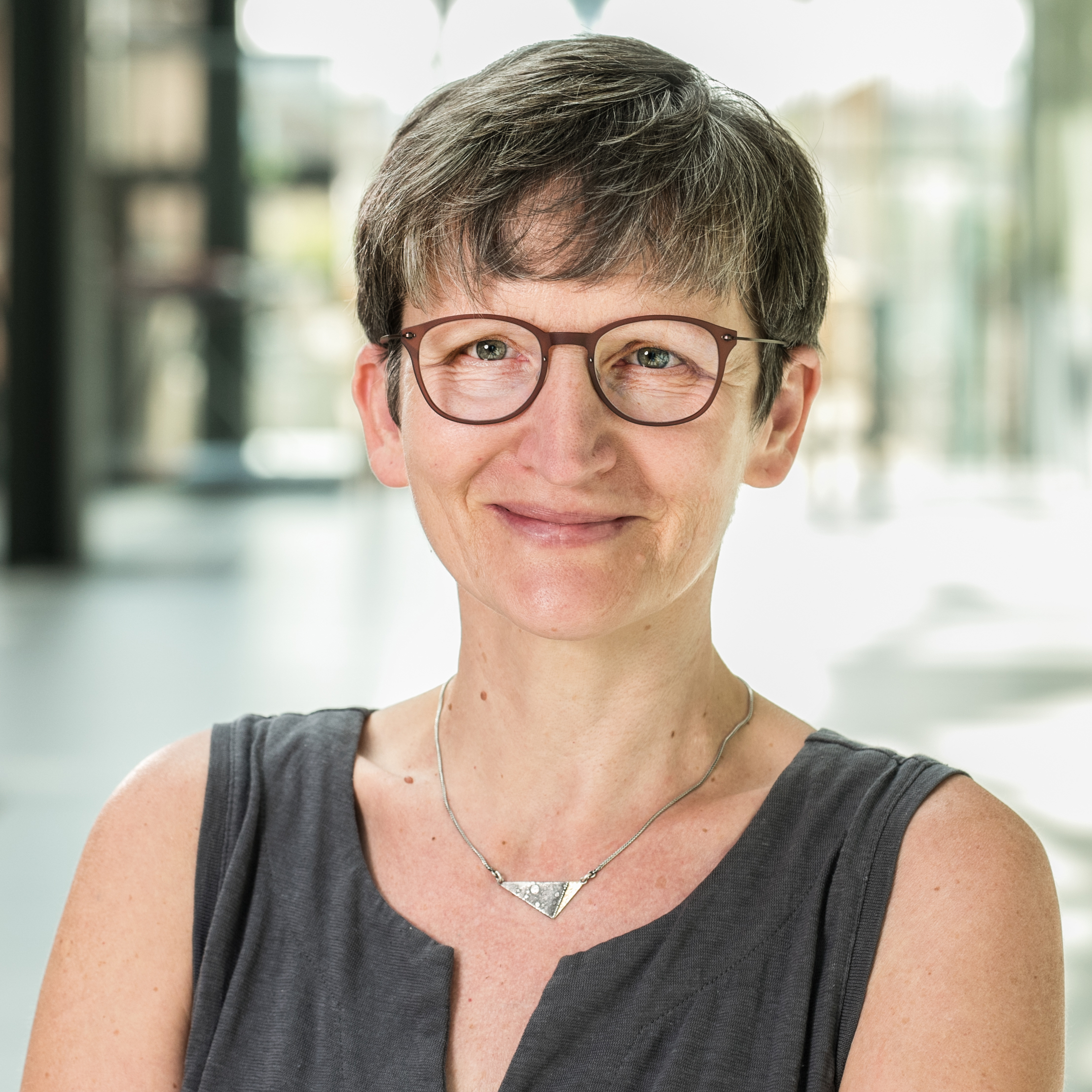Dr Ilka Peeken
Ilka’s specialty is the life in the polar seas, and she explores the everyday lives of even the tiniest life forms there. She studied Marine Biology in Kiel, where she decided to pursue research on the sea-ice habitat, which, especially in the Arctic, is in acute jeopardy because of the retreating sea ice. In fact, the sea ice is home to a fascinating ecosystem, and exploring the biodiversity of this seemingly inaccessible habitat is an important factor in understanding the overall ecosystem in the polar latitudes. Further, the sea ice is being increasingly affected by climate change, which is also producing changes in the life forms that have specially adapted to living in it.
Through her work at the AWI, Ilka has the opportunity to investigate the entire complex of topics on sea ice together with experts from various other disciplines; further, her findings on the biological side of sea ice represent a valuable contribution, helping us all to understand this unique ecosystem better.
As a marine biologist, which aspects of sea ice are you investigating?
Though society at large doesn’t think of sea ice as a habitat, that doesn’t mean there’s no life there. As a marine biologist, my work focuses on questions like how it’s possible to live in the sea ice at all, what organisms live there, and how they affect the food web in the polar regions. And of course we’re also researching how changes in the sea ice are affecting the biodiversity of these regions, and what the broader consequences are. It’s challenging work, because these areas were largely inaccessible in the past, and today, now that we’ve lost large quantities of the multi-seasonal ice, it’s easier to access the ice, but we don’t have data from before the changes for comparison.
In your opinion, what contribution does meereisportal.de make in terms of knowledge transfer?
Reports on sea ice have to be fairly shocking before they ever reach the public, and detailed information on biological processes is often complex and hard for non-experts to follow. With the portal, we can and will share straightforward explanations and arguments, without coming across as activists or getting lost in detail.If people became more actively interested in the topic, how could it help? Everyone has the ability to reassess how they’re living their lives, and to make small choices that can ultimately produce major results. Consumers not only have a substantial influence on the market, but also on the environment. Awareness work, potentially combined with suggestions on what everyone can do to help, is the key.
If someone asked you what you actually do all day, the answer would be…?
I analyse findings; write reports, manuscripts, applications for funding, and every now and then, press releases on new results. I also prepare presentations for expert and non-expert audiences alike. But my day-to-day work also includes ordering research equipment, analysing samples, and preparing for expeditions. On board the ship, ice cores are drilled, and one important task involves filtering massive amounts of ice water and seawater, which are then analysed once we get back to the AWI.

